What are the major differences between a credit union and bank? When trying to decide where to keep your money, take out a loan, or perform other banking tasks, it’s a good idea to know the differences between a credit union vs. a bank. Keep in mind, however, that while credit unions all have some commonalities, as do banks, there are a variety of factors to consider in your decision.
What are the differences between a credit union and a bank?
The main difference between a credit union and bank is that credit unions are nonprofit organizations, while banks are for profit. Credit unions are community-based. In many cases, they offer membership to those who have some sort of commonality, such as employment, physical location, or otherwise. Banks, on the other hand, are often nationwide.
Because credit unions are nonprofit organizations, their loan rates are usually lower and they have less fees in general. Banks, however, have their own set of benefits. Let’s look into more of the pros of each option.
Pros of credit unions
- Usually have lower interest rates for loans and higher interest rates for savings
- Often provide a more personal connection since they serve a specific community area or group of people
- ATMs usually have no fee
Pros of banks
- Usually have more branches and ATMs, making them a convenient option especially for those who travel or move often
- Good option for both personal and business accounts
- In general, banks have better mobile banking and online options for managing your accounts
- Usually don’t have membership requirements
Important considerations when choosing a credit union vs. bank
All in all, though there are some differences, credit unions and banks perform many of the same tasks and offer similar options for most situations.
Regardless of which option you choose, one of the major factors to consider are the security practices that the institution has put in place. Usually, banks are backed by FDIC insurance, and credit unions by the NCUA. While you may think this is sufficient, it’s still very important to look into the specific institution’s security practices as well as practicing bank security yourself.
In addition to bank security, check to see if the bank or credit union has any hidden fees. Some potential fees to check into include monthly service fees, ATM fees, overdraft fees, insufficient fund fees, early account closing fees, and excessive transactions fees.
Other questions to ask before choosing a credit union or bank
Once you’ve decided if you prefer one option over the other, here are a few more questions you may want to ask yourself to help you decide on a specific institution:
- Are both branch locations and ATMs convenient?
- Does it offer all of the services I’m looking for?
- Are the hours of operation convenient for my schedule?
- Do I meet all of the requirements for membership (if considering a credit union)?
- Are the security practices sufficient?
- Are there any hidden fees?
- How are the interest rates?
- Have other customers had a good experience here?
Where are you on your wealth management journey?
Whether you’re 20 or 65, choosing an institution to trust with your money is just one element of wealth management. Besides banking with a safe, helpful bank or credit union, it’s very important to consider how your investments are helping you to prepare for the future.
At Milestone Wealth Management, our goal is to help you reach your financial milestones and feel prepared for the years ahead. Not sure which elements of wealth management you should be focusing on right now? Read about the stages of wealth management, or book a meeting today.
This material is not intended to replace the advice of a qualified tax advisor, attorney, or accountant. Consultation with the appropriate professional should be done before any financial commitments regarding the issues related to the situations above are made.

